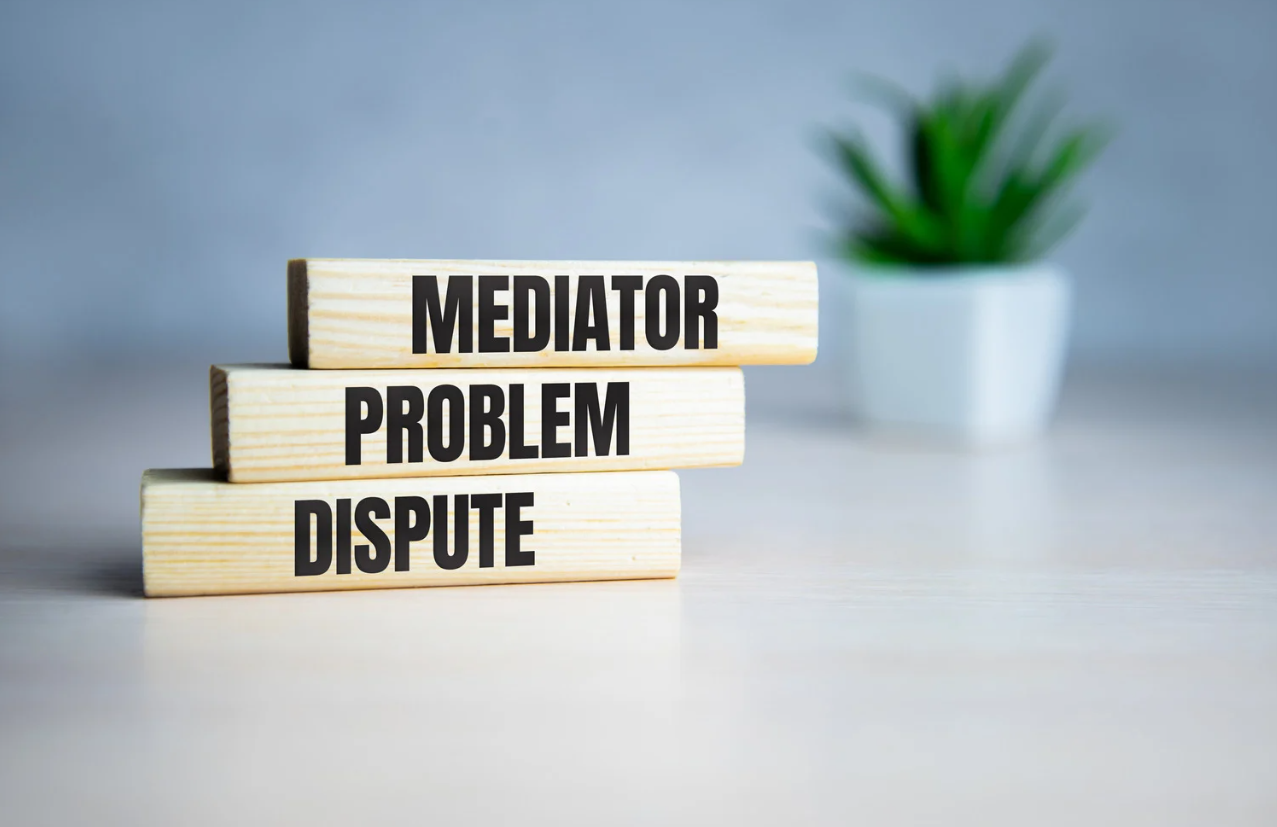Franchise disputes are an unfortunate reality in the world of business, and they can arise from a variety of issues, ranging from disagreements over the interpretation of contract terms to misunderstandings about operational procedures or marketing strategies. These disputes can have serious financial and operational consequences for both the franchisor and the franchisee. However, resolving franchise disputes in a timely and effective manner can prevent further complications and ensure the longevity of the business relationship. Below are some key steps to resolve franchise disputes efficiently.
1. Review the Franchise Agreement
The first step in resolving any franchise dispute is to thoroughly review the franchise agreement. This legally binding document outlines the roles, responsibilities, and expectations of both the franchisor and franchisee. Many disputes stem from misinterpretations or breaches of the agreement, so it is essential to refer to the specific clauses that are being disputed.
In some cases, the franchise agreement includes clauses that outline dispute resolution processes, such as mediation or arbitration. Understanding these provisions can help streamline the process and avoid lengthy legal battles.
2. Open Lines of Communication
Open and honest communication is crucial in resolving any dispute. Both parties should attempt to engage in direct dialogue to understand each other’s perspectives and concerns. A face-to-face meeting or video conference is often more effective than emails or phone calls, as it allows for better understanding and quicker resolution of issues.
Franchisees should communicate any operational challenges they are facing, and franchisors should clearly explain their expectations and any areas where the franchisee may be falling short. An open discussion can lead to compromises or clarifications that address the underlying issues.
3. Engage a Mediator or Facilitator
If direct communication does not lead to a resolution, involving a neutral third party can be helpful. Mediation or facilitation by an independent mediator can help both parties reach a mutually acceptable resolution. The mediator doesn’t make decisions for the parties, but instead helps them explore options and find common ground. This approach can often be more cost-effective and quicker than litigation, preserving the business relationship.
Many franchisors include mediation or arbitration clauses in the franchise agreement, which can be an efficient way to settle disputes without resorting to court.
4. Explore Arbitration or Legal Action
When mediation or direct communication fails, arbitration or legal action may be necessary. Arbitration is a more formal method of dispute resolution in which a neutral arbitrator makes a binding decision after reviewing the evidence. This is often quicker and less expensive than litigation in a courtroom.
Litigation should be considered as a last resort, as it can be costly, time-consuming, and damaging to the business relationship. Before pursuing legal action, both parties should carefully consider the potential costs and impact on their reputation and future operations.
5. Focus on the Long-Term Relationship
Even though disputes can be challenging, it’s essential to keep the long-term relationship between the franchisor and franchisee in mind. The goal should always be to resolve the dispute in a way that minimizes damage to the ongoing business. Both parties should approach the situation with a mindset of collaboration and a shared interest in the success of the franchise as a whole.
Conclusion
Franchise disputes are inevitable in any business relationship, but addressing them proactively and strategically can prevent significant financial and operational repercussions. By thoroughly reviewing the franchise agreement, communicating openly, utilizing mediation, and resorting to arbitration or legal action when necessary, both franchisors and franchisees can resolve disputes effectively. Keeping the long-term success of the franchise in mind will help both parties move forward in a positive direction.









